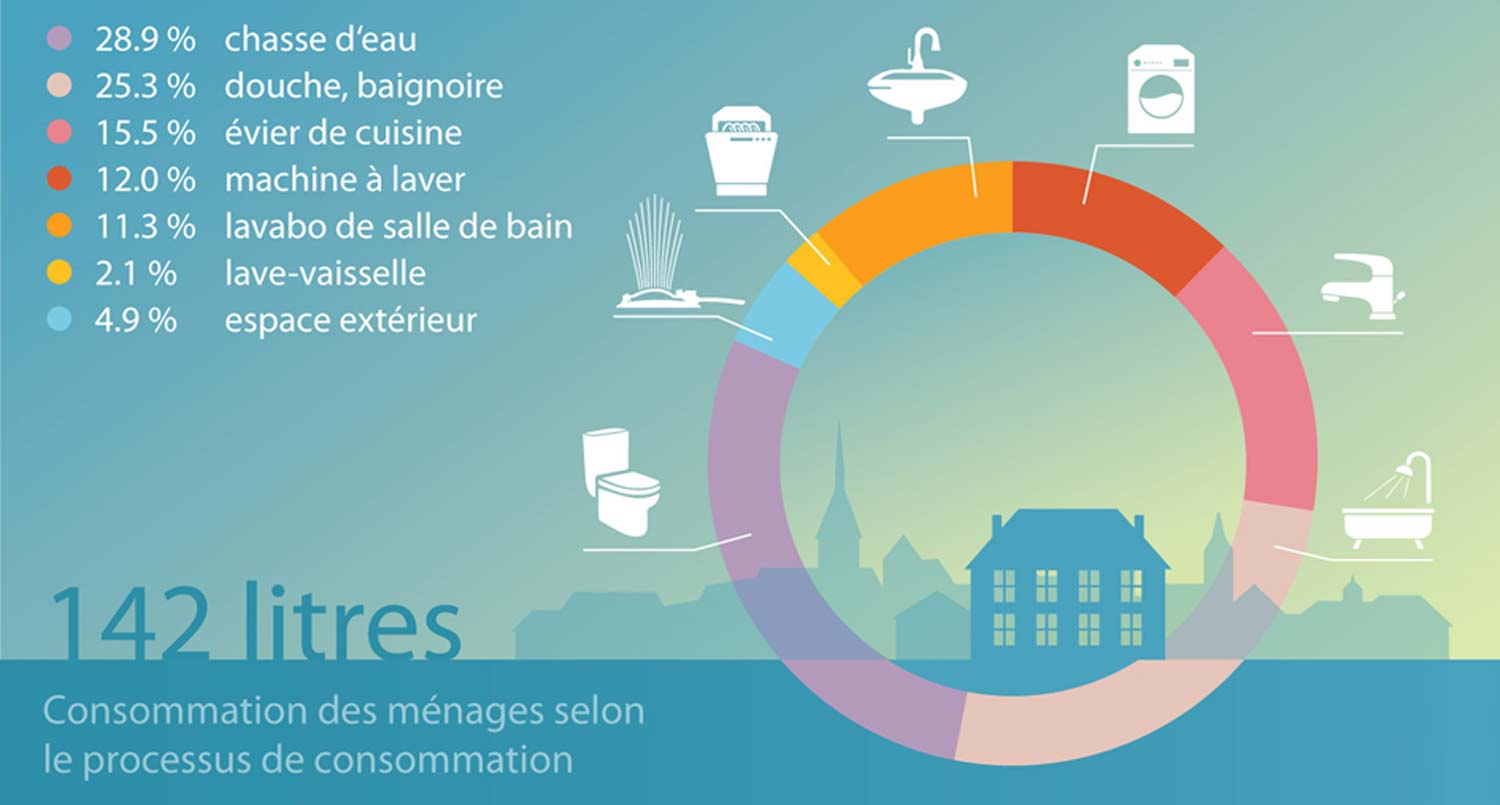11 Sleep Benefits Everyone Should Know.
Everyone knows that sleep is good for you.
But did you know that the benefits of sleep go far beyond improving your mood or eliminating dark circles?
Getting enough sleep is essential for leading a healthy lifestyle.
This is because getting adequate sleep is good for the health of your heart and mind.
But did you know that it can also help you maintain your weight, shape, and more?

Dr. David Rapoport, director of the Department of Sleep Disorders at New York University, explains, “For a long time, the benefits of sleep were vastly underestimated. We thought sleeping was like parking your car in the garage and leaving the next morning. "
But not anymore. Without further ado, discover the 11 benefits of sleepscientifically proven that everyone should know about.
1. Improves memory
When you doze off, the activity of the brain is particularly intense.
During sleep, you can strengthen your memory, even the memory of things you learned while awake (a process called "memory consolidation").
According to Dr Rapoport: “When we learn new things, whether physical or mental, training can help us to a point. But while we sleep something happens that consolidates and improves acquired skills while awake. "
In other words, if you're trying to learn something new - whether it's learning a new language or honing your tennis backhand - you'll find it easier after a good night's sleep.
2. Increase life expectancy?
Sleeping too much or not enough: both are associated with reduced life expectancy.
But it is not known whether these factors are the cause or the effect because many diseases affect sleep patterns.
According to a study conducted on the sleep of women between 50 and 79 years of age, there are more deaths in women who sleep less than 5 hours per night than in women who sleep at least 6.5 hours per night.
But that's not all: sleep also affects your quality of life.
“A lot of things taken for granted are directly related to sleep,” says Dr. Raymonde Jean, director of the Department of Sleep Medicine at St. Luke's Hospital in New York City.
"The better you sleep, the more you improve your quality of life - it's medical evidence. "
3. Reduces inflammation

Inflammation is directly linked to heart disease, stroke, diabetes, osteoarthritis, and premature aging.
However, scientific research indicates that people who do not get enough sleep (that is, less than 6 hours per night) have higher levels of inflammatory proteins than people who get enough sleep.
Indeed, according to a study conducted in 2010, people who sleep less than 6 hours per night have lower levels of C reactive protein. This protein, which serves as a biological marker for inflammation, is also linked to the risk of heart attack.
According to Dr Rapoport, “When people with sleep apnea or insomnia receive treatment for their sleep disorders, there is also an improvement in their blood pressure and a reduction of their inflammation. »
4. Stimulates creativity
Before you take your brushes and easel out of the closet, try to get a good night's sleep.
In addition to consolidating and strengthening memories, it is also believed that the brain has the power to reorganize and restructure them - which can have as a positive consequence. increase creativity.
Researchers at Harvard University and Boston College have found that we strengthen the emotional aspects of memories while we sleep - which also appears to stimulate the creative process.
5. Improves athletic performance
If you play sports, there is one sure way to improve your performance: sleep.
College football players who have slept at least 10 h per night over a 7-8 week period has largely improved their athletic performance.
Namely: better sprint time, less daytime fatigue and more endurance.
The results of the Stanford study corroborate the results of similar studies conducted on tennis players and swimmers.
6. Improves academic performance

According to a study conducted in 2010 for the scientific journal Sleep, children aged 6 to 10 with sleep breathing disorders (snoring, sleep apnea, and other disorders related to interrupted breathing during sleep) are more likely to suffer from concentration and learning problems.
According to the researchers of this study, sleep disorders can cause "significant functional impairments in the school environment".
Another study indicates that college students who do not get enough sleep have poorer academic performance than students who get enough sleep.
“Of course, when trying to meet project deadlines, it is often the case that you have to sacrifice 1 or 2 hours of sleep,” explains Dr. Rapoport.
" But one recurring lack of sleep and prolonged can clearly decrease our learning abilities. »
7. Increase concentration
According to Dr. Rapoport, a lack of sleep in children can cause symptoms similar to those of Attention Deficit Hyperactivity Disorder.
“Children don't react the same way as adults to a lack of sleep,” he says. While adults are just going to need sleep, children will become hyperactive. "
Indeed, according to a study published in 2009 in the scientific journal Pediatrics, children aged 7-8 who sleep less than 8 hours per night are more likely to show symptoms of hyperactivity, inattention and impulsivity.
“To diagnose and quantify sleep, we measure the electrical activity of the brain,” explains Dr. Rapoport. It is no surprise that we have found that the quality of our sleep has direct repercussions on our brain activity. »
8. Facilitates fat loss
If you're trying to lose weight, don't overlook the benefits of going to bed a little earlier.
Indeed, researchers at the University of Chicago have made a surprising discovery: people who diet lose more fat if they get enough sleep (i.e. 56% of their weight loss as fat).
In addition, people who do not get enough sleep feel more hungry than people who get enough sleep.
“This is because sleep and metabolism are directed by the same regions of the brain,” says Dr. Rapoport. When we are sleepy, our body secretes hormones into the blood - these hormones also act to stimulate appetite. "
9. Decreases stress level

Stress is closely linked to sleep. However, stress and sleep are two factors that have a direct impact on cardiovascular function.
According to Dr. Jean, “the ability of sleep to reduce stress levels is indisputable. It is a sure way to help people regulate blood pressure better.
“Sleep is also believed to reduce cholesterol levels - a leading cause of heart disease. "
10. Helps prevent accidents
Did you know that 1 in 3 fatal accidents are caused by falling asleep at the wheel on the highway? It is even more than fatal accidents due to alcohol!
“The danger of drowsiness is grossly underestimated by most people - a danger that costs our society dearly,” explains Dr Rapoport.
“Sleepiness affects our reaction time and our ability to make quick decisions. "
Insufficient sleep - especially if it is the night before you leave - causes same negative effects on your driving skills than alcohol consumption.
11. Reduces the risk of depression
Getting a good night's sleep is more important to our well-being than just avoiding the things that annoy us.
“Insufficient sleep is a factor that can contribute to depression, according to Dr Jean.
“Getting a good night's sleep can really help people with a bad mood lower their anxiety levels. When you get enough sleep, it is very likely that you also gains emotional stability. »
However, if you suspect that the cause of your anxiety and irritability is overtime spent in the office during the week, Dr Rapoport warns that sleeping more on the weekends isn't necessarily going to make up for it. lost sleep.
“If you sleep longer on weekends, it's just a sign that you're not getting enough sleep on weekdays,” he says. The key is to be able to find a good balance. "
You would have understood it, sleeping well is better living!
How to sleep better?
If you have trouble sleeping because of noise around you (your partner's snoring for example) or because of the light, I recommend the Sleep Master sleep mask.

This sleeping mask allows for deep sleep and guarantees a peaceful night's sleep. I have it at home, and I can tell you it's super efficient even when you're on the go.
Do you like this trick ? Share it with your friends on Facebook.
Also to discover:
How To Fall Asleep In Less Than 1 Minute With A Simple Breathing Exercise.
4 Essential Grandma's Tips for Sleeping Like a Baby.










